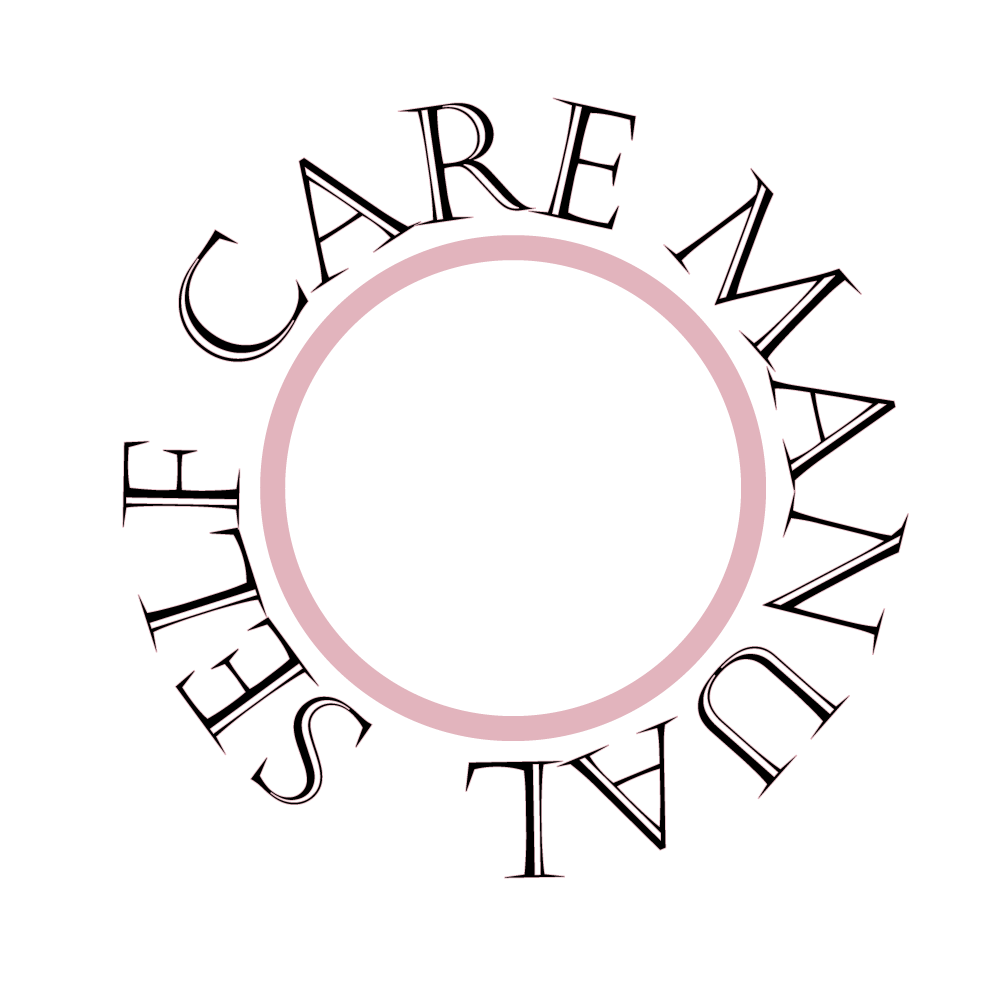5 Crucial Mistakes We Make When Trying To Eat Healthy
We’ve all been there - it’s the beginning of the year, we are spending a lot of time indoors, and the resolution to eat healthier is hanging in the air.
Without the right information, it’s hard to know where to start. You’re wondering “Should I cut out carbs entirely?” or saying something like “It’s time to stop eating refined sugar altogether”.
It's a common scenario: the enthusiasm to make positive changes is there, but the path to healthy eating can seem murky without the right guidance.
Not Drinking Enough Water
Water isn't just a basic necessity; it's a fundamental nutrient, constituting more than half of our body weight. Its role in maintaining good health cannot be overstated. While about 20% of our body's water needs can be met through solid foods, the remaining percentage requires the conscious intake of fluids.
Failing to meet our daily water requirements can have a profound impact on our overall well-being and, notably, our dietary choices.
Not drinking enough water doesn't just leave us parched; it messes with our eating routine in many ways:
Low Energy Levels: Forgetfulness, sluggishness? Dehydration's at play. Water is like a power-up for both body and mind. Being low on fluids can drain your energy, while keeping hydrated keeps your muscles peppy and your energy on point.
Mood and Clear Thinking: Ever felt grumpy or fuzzy-headed? Dehydration might be the culprit. Even a bit of it can bring on headaches, tiredness, and trouble focusing. Sip some water, and watch your mood lift, energy spike, and thoughts sharpen.
Happy Skin: Dreaming of that radiant skin? Hydration is your BFF. Dehydration can make your skin lose its bounce, leading to more wrinkles. Stay hydrated, and you're not just sipping; you're giving your skin a shield against the elements, keeping it smooth and glowy.
Appetite Confusion: Feeling hungry out of the blue? It could be thirst playing tricks. Dehydration can amp up your thirst, making you think you're hungry. Stay hydrated, and you'll be less likely to confuse thirst for hunger.
Smooth Digestion: Constipation and tummy troubles? Blame it on dehydration. Enough water keeps your digestion on track, maintaining the right balance for a happy belly.
Overly Restrictive Diets
Getting lured into the world of strict diets may seem like a shortcut to wellness, but it often leads to a host of issues.
Nutrient Gaps and Energy Slumps: Those ultra-restrictive diets might promise the moon, but they often deliver nutrient deficiencies and energy nosedives. By limiting the variety of foods you eat, your body misses out on essential nutrients, leaving you feeling fatigued and low on vitality.
Metabolism in a Slumber: Think of your metabolism as a well-oiled machine. Overly restrictive diets throw a wrench into its gears, slowing it down. Instead of burning calories efficiently, your body enters conservation mode, making weight management a tougher battle.
Unhealthy Food Relationship: Strict diets often pave the way for an unhealthy relationship with food. Feelings of guilt and deprivation can take center stage, overshadowing the joy of eating. It's time to break free from the cycle of restriction and find a balanced, sustainable approach to nourishing your body.
Skipping meals
Missing out on meals might seem like a time-saving strategy, but it often sets off a chain reaction of issues:
Overeating Domino Effect: Skipping meals can create a vicious cycle. When you finally sit down to eat, the hunger pangs may lead to overeating. It's like trying to make up for lost time, but it can leave you feeling uncomfortably full and dissatisfied.
Energy Rollercoaster: Ever experienced a mid-afternoon energy crash? Skipping meals can be the culprit. Your body needs a steady supply of fuel throughout the day, and missing meals disrupts this balance, causing energy levels to plummet.
Not Getting Enough Protein
Building Blocks for Your Body: Protein is like the construction crew for your body. It's essential for building and repairing tissues, ensuring everything stays in top-notch condition. Think of it as the glue that holds your body's infrastructure together.
Muscle Matters: Skimping on protein can lead to muscle loss. Your muscles rely on a steady supply of protein for maintenance and growth. Without enough, they might start to dwindle, impacting your strength and overall physical well-being.
Eating at Night
Let's shed light on a common nocturnal habit that might be impacting your overall well-being - eating at night.
While a late-night snack might seem harmless, it can bring along a host of unwanted effects:
Sleep Disruption: Ever tossed and turned after a late-night snack? Eating close to bedtime can disrupt your sleep. The body takes its time to digest, causing discomfort and making it harder to drift into peaceful slumber.
Acid Reflux: Late-night indulgence may invite an unwelcome guest – acid reflux. This can lead to heartburn and discomfort, making your night less restful than it could be.
Blood Sugar Levels: Late-night munching can throw a wrench into blood sugar management. The body struggles to process food efficiently before sleep, potentially impacting your blood sugar levels.
Upsetting Blood Pressure: Surprising, but true – late-night eating could be contributing to elevated blood pressure. This, in turn, poses a risk to cardiovascular health, emphasizing the importance of mindful eating habits.
As we wrap up our exploration into healthier living, remember the power lies in balance and mindfulness. Forming new habits is difficult, but with the right mindset, and the right information, it can get easier.


